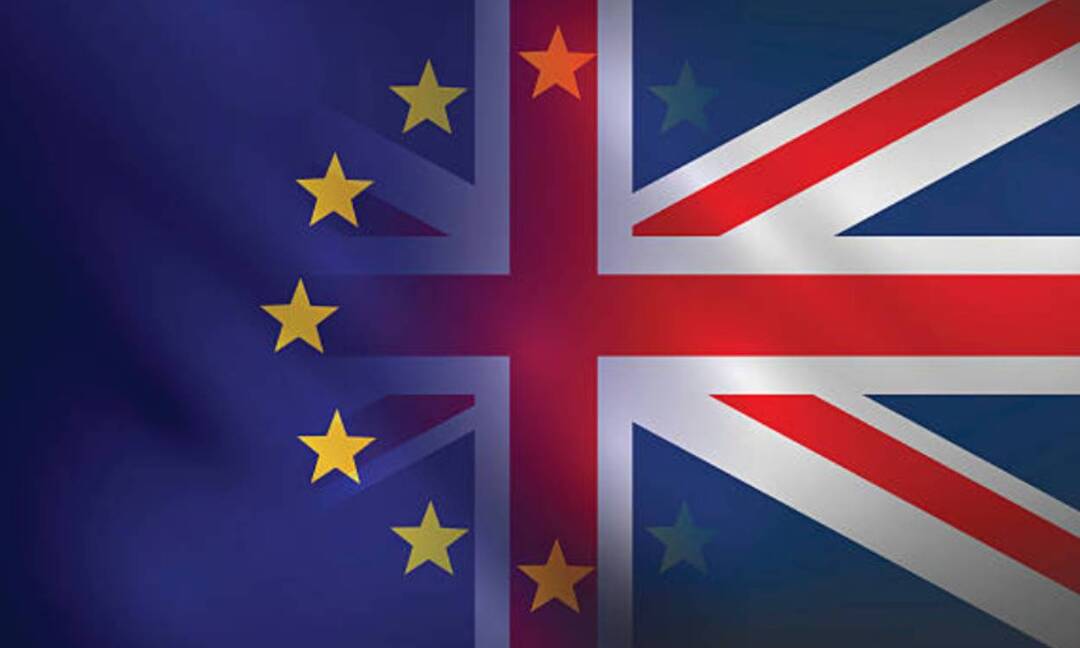-
Britain is the transatlantic bridge between the EU and NATO

UK security and defence policies have always been tied to the premise of not allowing a hostile to dominate the continent or to disrupt the “tranquillity of the European balance of power”. Britain tended to achieve this in the past, not by entering into permanent alliances with continental powers, but by concluding shorter-term arrangements as needs dictated. Its participation in five out of the seven coalitions against Napoleon and later in the Crimean War and two world wars is a case in point.
The UK’s withdrawal from the EU end of 2020, calls into question the security implications that the split will have. The UK has continued to support NATO as the primary security provider on the continent and has acted at the forefront to reform the organization to better address the changing security environment in Europe. On the other hand, the EU forges on with its efforts to form an autonomous strategic partnership to ensure European security through collective efforts. Without resistance from London, this policy is likely to go ahead creating uncertainty for the future of NATO in Europe and UK’s place in the security of the continent.
The United Kingdom has played an important role in the design and development of the European Union’s foreign, security and defence policy. While it is among the founding members of NATO, it is also one of the main contributors to European security and played an active part in developing the relationship between both organisations.

Britain also faces an uncertain position within the European security architecture. It therefore needs to redefine its relations with the European Union and its own position among other member states. Taking into account the development of national security interests and recent political events.
NATO and the UK
While the relationship between NATO and the UK during the alliances more than 70-year history hasn’t always been smooth, the country’s main political parties have always shown strong public support for it. As a founding member of NATO, Britain publicly presents the alliance as key to its defence strategy. But this public support has not extended to providing the necessary support for arms and equipment for the British military. Funding for the armed forces has been an easy target for cuts under British governments of both the left and right.
Nato continues to contribute to international peace and security. Around 20,000 of its personnel are deployed on operations around the world, including in Turkey, Kosovo, Afghanistan, Somalia and Iraq. British soldiers take part in many of these deployments. Although the BAOR is long gone, the British Army still plays a major role in the defence of Europe.
In 2014, for example, British soldiers took part in the Anglo-Polish ‘Exercise Black Eagle’, designed to help the two nations’ armies co-operate more effectively. This was part of Nato's demonstration of support for its allies in Eastern Europe in the face of growing tension with Russia following its actions over neighbouring Ukraine.
Since the referendum to leave the European Union (EU) in 2016, the United Kingdom (UK) has been rethinking its role in world affairs. Under the 'Global Britain' banner, the UK sees itself as a force for multilateralism, a strong military power with global presence and reach, and a strong pillar of the transatlantic alliance.
Reflection on the implications of 'Global Britain' for the UK's future foreign, security and defence policy has resulted in two strategic documents, the Integrated Review and the Defence Command Paper, which outline policy priorities and the government's strategic vision. Although the EU as such is to a large extent absent from these strategic documents, there are implications to be considered, particularly as the EU has taken significant steps towards defence and military integration and as it is continuing to deepen its relationship with NATO.
With the United Kingdom’s decision to leave the European Union, questions concerning the implications of Brexit on European Union– NATO cooperation arise. As the transatlantic bridge betweenthe EU and NATO.
BY: Jassim Mohamad - Bonn
You May Also Like
Popular Posts
Caricature
BENEFIT Sponsors BuildHer...
- April 23, 2025
BENEFIT, the Kingdom’s innovator and leading company in Fintech and electronic financial transactions service, has sponsored the BuildHer CityHack 2025 Hackathon, a two-day event spearheaded by the College of Engineering and Technology at the Royal University for Women (RUW).
Aimed at secondary school students, the event brought together a distinguished group of academic professionals and technology experts to mentor and inspire young participants.
More than 100 high school students from across the Kingdom of Bahrain took part in the hackathon, which featured an intensive programme of training workshops and hands-on sessions. These activities were tailored to enhance participants’ critical thinking, collaborative problem-solving, and team-building capabilities, while also encouraging the development of practical and sustainable solutions to contemporary challenges using modern technological tools.
BENEFIT’s Chief Executive Mr. Abdulwahed AlJanahi, commented: “Our support for this educational hackathon reflects our long-term strategic vision to nurture the talents of emerging national youth and empower the next generation of accomplished female leaders in technology. By fostering creativity and innovation, we aim to contribute meaningfully to Bahrain’s comprehensive development goals and align with the aspirations outlined in the Kingdom’s Vision 2030—an ambition in which BENEFIT plays a central role.”
Professor Riyadh Yousif Hamzah, President of the Royal University for Women, commented: “This initiative reflects our commitment to advancing women in STEM fields. We're cultivating a generation of creative, solution-driven female leaders who will drive national development. Our partnership with BENEFIT exemplifies the powerful synergy between academia and private sector in supporting educational innovation.”
Hanan Abdulla Hasan, Senior Manager, PR & Communication at BENEFIT, said: “We are honoured to collaborate with RUW in supporting this remarkable technology-focused event. It highlights our commitment to social responsibility, and our ongoing efforts to enhance the digital and innovation capabilities of young Bahraini women and foster their ability to harness technological tools in the service of a smarter, more sustainable future.”
For his part, Dr. Humam ElAgha, Acting Dean of the College of Engineering and Technology at the University, said: “BuildHer CityHack 2025 embodies our hands-on approach to education. By tackling real-world problems through creative thinking and sustainable solutions, we're preparing women to thrive in the knowledge economy – a cornerstone of the University's vision.”
opinion
Report
ads
Newsletter
Subscribe to our mailing list to get the new updates!






















